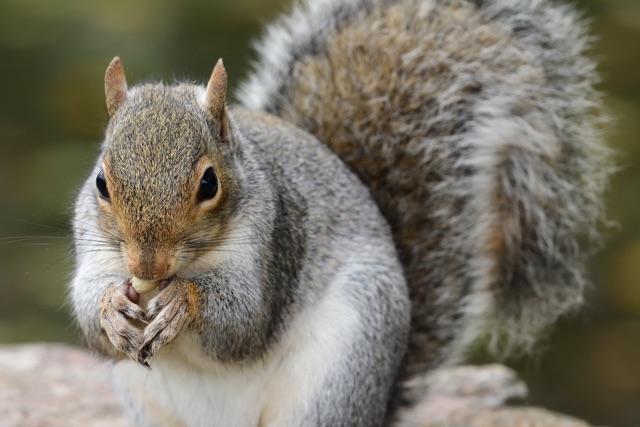
Understanding squirrel behaviour and changing their habitat to discourage their presence is commonly employed to prevent squirrel-related problems. In this post, we’ll look at how habitat alteration can help keep squirrels at bay while also encouraging a happy coexistence between humans and wildlife.
Understanding the Behaviour of Squirrels:
Before diving into habitat alteration, it’s critical to understand some of the fundamental squirrel behaviours that make them prone to invading human environments. Squirrels are foragers who are continuously looking for food and shelter. They are opportunistic feeders who change their diet to take advantage of available resources. Squirrels are also superb climbers, jumpers, and chewers, allowing them to get access to numerous structures and food sources.
The Impact of Habitat Change:
Habitat modification entails making deliberate alterations to your environment in order to discourage squirrels from visiting your property. You can make the surroundings less appealing to these inquisitive creatures by changing the environment, avoiding any disputes and damages. Here are some useful habitat modification methods:
Seed Spillage with Bird Feeders:
Bird feeders are a popular attractant for squirrels, who are drawn to the plentiful food supply. Use squirrel-proof bird feeders that have devices that cut off access when the weight of a squirrel is sensed. Additionally, wipe up any spilled birdseed right once because it can attract squirrels.
Garbage and compost bins that are secure:
Squirrels are scavengers who will hunt through waste and compost for food. To limit access, use animal-resistant bins with tight-fitting lids. Bins should be secured with hardware cloth to keep squirrels out while allowing appropriate ventilation.
Remove any fallen fruits or nuts:
If you have fruit or nut trees in your yard, remove any fallen fruits and nuts as soon as possible. These can provide squirrels with an easy food source, attracting them to your property.
Plant Barrier Plants:
Plant barrier plants and trees strategically to keep squirrels out of specific places. Planting prickly or thorny bushes around garden beds or near bird feeders, for example, can deter squirrels from getting too close.
Restriction of Access to Roof and Attic Spaces:
Tree branches that overhang your roofline should be pruned to prevent squirrels from leaping onto your roof and entering attic spaces. Seal off potential access points such as vents and cracks with metal flashing and galvanized steel mesh.
Repellents should be used:
To deter squirrels, consider utilizing natural repellents around your property. Predator urine, hot pepper sprays, and strong-smelling herbs like mint or garlic are among choices.
Inform Your Neighbours:
Controlling squirrels is more effective when everyone in the neighbourhood is on the same page. Educate your neighbours on the value of habitat modification and encourage them to adopt similar measures to keep squirrels away.
Habitat modification is an effective and compassionate means of keeping squirrels at bay and avoiding interactions with humans. Understanding squirrel habits and making intentional modifications to your surroundings can help you create a less desirable environment for these curious creatures. From squirrel-proof bird feeders to locking garbage cans and installing natural repellents, each action contributes to the peaceful coexistence of humans and wildlife. Remember that a proactive approach is essential for successful habitat alteration, and homeowners’ collaborative efforts can result in a harmonious relationship with the natural world around us.
